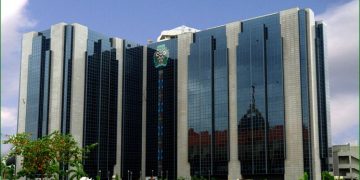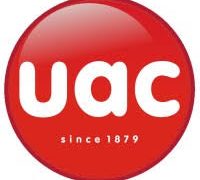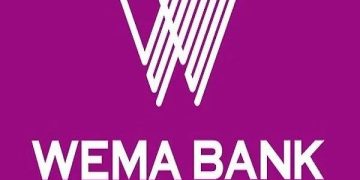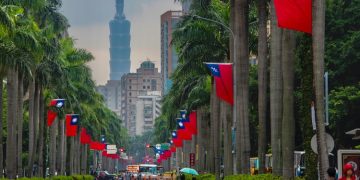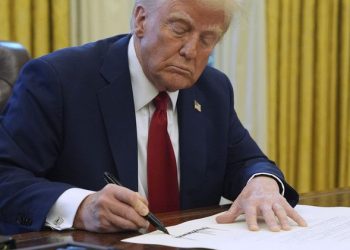Nigeria’s healthcare system is facing major disruption as the National Association of Resident Doctors (NARD) has launched a five-day nationwide strike. The doctors accuse the Federal Government of failing to release the 2025 Medical Residency Training Fund (MRTF), pay five months of salary arrears under the CONMESS review, and address long-standing welfare concerns.
The strike, which began on September 12, has forced hospitals across the country to shut down critical services, leaving patients stranded.
Why Resident Doctors Are on Strike
The NARD strike 2025 follows a 10-day ultimatum issued to the Federal Government, which expired without action. Doctors say the government ignored repeated reminders, forcing them into industrial action.
The resident doctors’ key demands include:
- Release of the 2025 Medical Residency Training Fund (MRTF)
- Payment of five months’ salary arrears under CONMESS
- Settlement of unpaid allowances and hazard pay
- Improved working conditions in public hospitals
NARD President Dr. Dele Abdullahi said: “This strike is painful but necessary. We cannot continue to work under conditions where our entitlements are ignored.”
Hospitals Shut Down Nationwide
Hospitals in Lagos, Abuja, Kano, Port Harcourt, and Kaduna have been hit hard by the NARD strike. Outpatient clinics are closed, elective surgeries postponed, and specialist consultations suspended. Emergency wards remain open in some facilities but are already overwhelmed.
Patients expressed frustration. A patient in Lagos said: “I have been waiting for surgery for months. Now I am told to come back later. Private hospitals are too expensive.”
Health experts warn that the strike could increase mortality rates and worsen healthcare delivery across Nigeria.
Federal Government’s Response to the Strike
The Federal Ministry of Health has appealed to NARD to suspend the strike, promising that efforts are being made to release the MRTF and settle arrears.
However, the government has also invoked the “no work, no pay” rule, warning that striking doctors may lose wages. A ministry official said: “The government is committed to resolving the issues, but shutting down hospitals is not the answer.”
NARD leaders rejected the threat, insisting that without concrete timelines, they will not resume work.
Broader Healthcare Crisis in Nigeria
The resident doctors strike highlights Nigeria’s ongoing healthcare challenges. Chronic underfunding, poor infrastructure, and delayed salaries have pushed many doctors to seek opportunities abroad.
Analysts say the strike could:
- Increase deaths from untreated illnesses
- Push more patients into costly private hospitals
- Accelerate the brain drain of Nigerian doctors
- Damage confidence in Nigeria’s public healthcare system
What Next for the Resident Doctors Strike 2025?
The current strike is scheduled to last five days, ending on September 16, 2025. However, NARD has warned that it could escalate into an indefinite nationwide strike if the Federal Government fails to meet its demands.
“This is a warning strike. If our grievances are not addressed, we will extend the action and completely shut down the health sector,” a NARD executive said.
For now, patients across Nigeria remain caught in the middle of the NARD strike, with hospitals struggling to deliver basic services.



